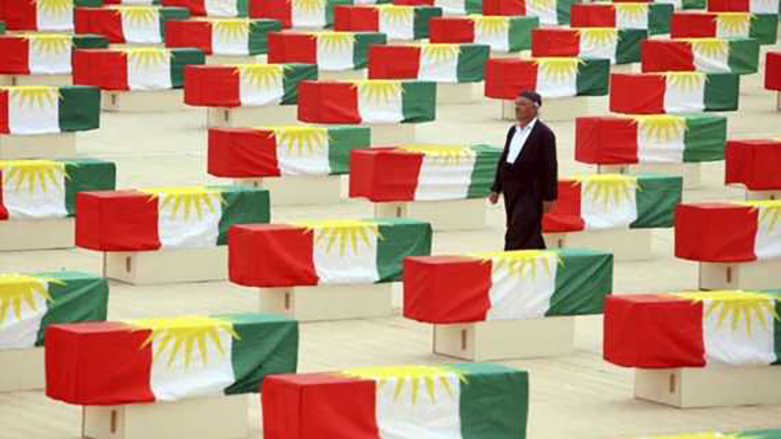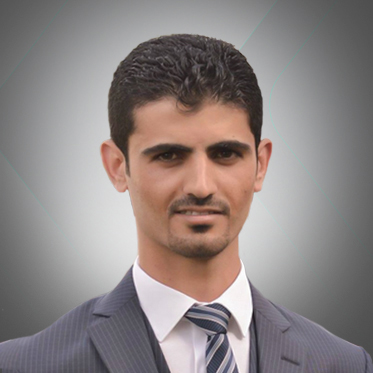Kurdistan commemorates 29th anniversary of genocide campaign

ERBIL, Kurdistan Region (Kurdistan24) – The Kurdistan Region on Friday commemorated the anniversary of the 1980s’ genocidal campaign, known as Anfal, during which the Iraqi regime killed thousands of Kurds and destroyed countless villages.
Every year, the people of Kurdistan commemorate April 14, the day of remembrance for the Anfal campaign.
This year, the Kurdistan Region President Masoud Barzani issued a statement stressing international efforts to recognize the Anfal campaign as an act of genocide should continue and yield results.
“We emphasize that it is the responsibility of the Iraqi government to compensate the families of Anfal’s victims,” President Barzani said in a statement released on the Presidency’s website.
The President called upon the Kurdistan Regional Government (KRG) to continue its efforts in returning the bodies of victims buried in mass graves in southern and central Iraq.
He also urged the KRG to continue helping the families of the Anfal victims.
“The best way to honor the blood of the martyrs is by attaining a free and independent future, which is the sole guarantee in preventing such crimes from being committed against our people,” the statement concluded.
In a separate statement released on its website, the KRG said the Iraqi government, following the collapse of the Ba’ath regime, had not taken the right level of responsibility for the tragedy and has yet to compensate the families of the Anfal victims.
Anfal is the Arabic term used in the Quran for “spoils of war.”
It was the word chosen by Saddam Hussein’s regime when they launched the campaign against civilians in different areas of the Kurdistan Region.
Anfal was a multi-phase political, military, economic, cultural, and social process of annihilation by the former Iraqi regime led by Hussein.
The campaign resulted in the deaths of an estimated 182,000 Kurds and the eradication of 5,000 villages.
Editing by Gabrielle Renaud and Karzan Sulaivany
